geSCHICHTEN: The Rhenish mining area tells stories
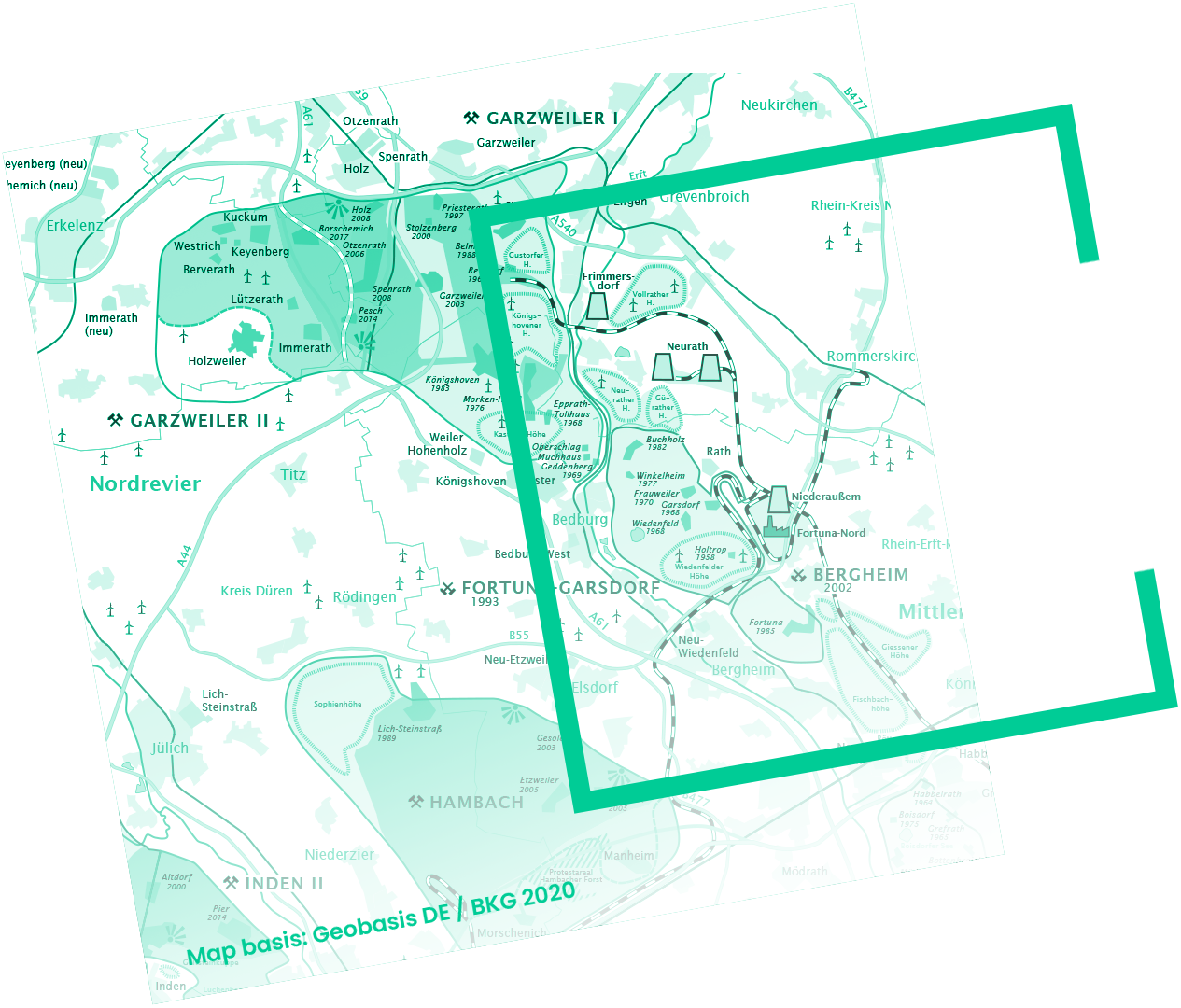
The cultural heritage of the region between Cologne, Aachen, Mönchengladbach and Zülpich is very diverse. Combining two words, the German Schichten (layers) and Geschichten (stories), the expression „geSCHICHTEN“ is able to transport a variety of meanings in the German language.
It is capable of expressing both, stories and histories (“Geschichten”): Such as stories recollected from the memory, but also layers (“Schichten”) as in layers of time, layers of earth. The LVR cooperation project „geSCHICHTEN Rheinisches Revier“ tells some of them along the “life with upheavals” from the Neolithic Age to the present. We connect the various geSCHICHTEN of engaged citizens, local municipalities, civil society organisations, museums, archives, associations and other initiatives. Thus, the cultural heritage of the Rhenish region becomes more and more visible, specific and interconnected over time and with each new geSCHICHTE.
What is a geSCHICHTE?
A geSCHICHTE is an insight into the cultural past, present or future of the Rhenish mining area. Cultural heritage becomes visible and tangible along the geSCHICHTEN of various stakeholders as well as individuals. Therefore, multiple perspectives and different angles show the cultural complexity of the region.
A few examples:
- A museum acquires a new object (or has one in its collection) illustrating a particular geSCHICHTE of the region. A brief, lively and illustrated text describes the object, classifies it thematically and refers to the corresponding exhibition of the museum.
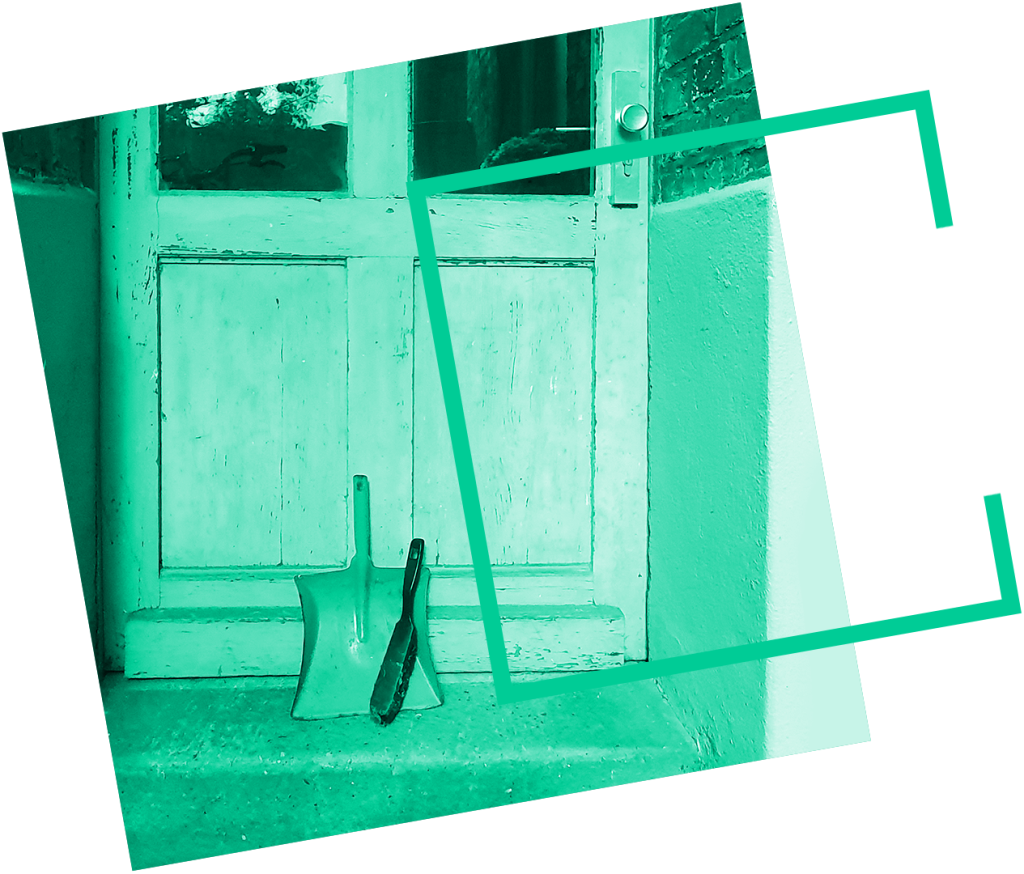
- A museum acquires a new object (or has one in its collection) illustrating a particular geSCHICHTE of the region. A brief, lively and illustrated text describes the object, classifies it thematically and refers to the corresponding exhibition of the museum.
OUR TEAM
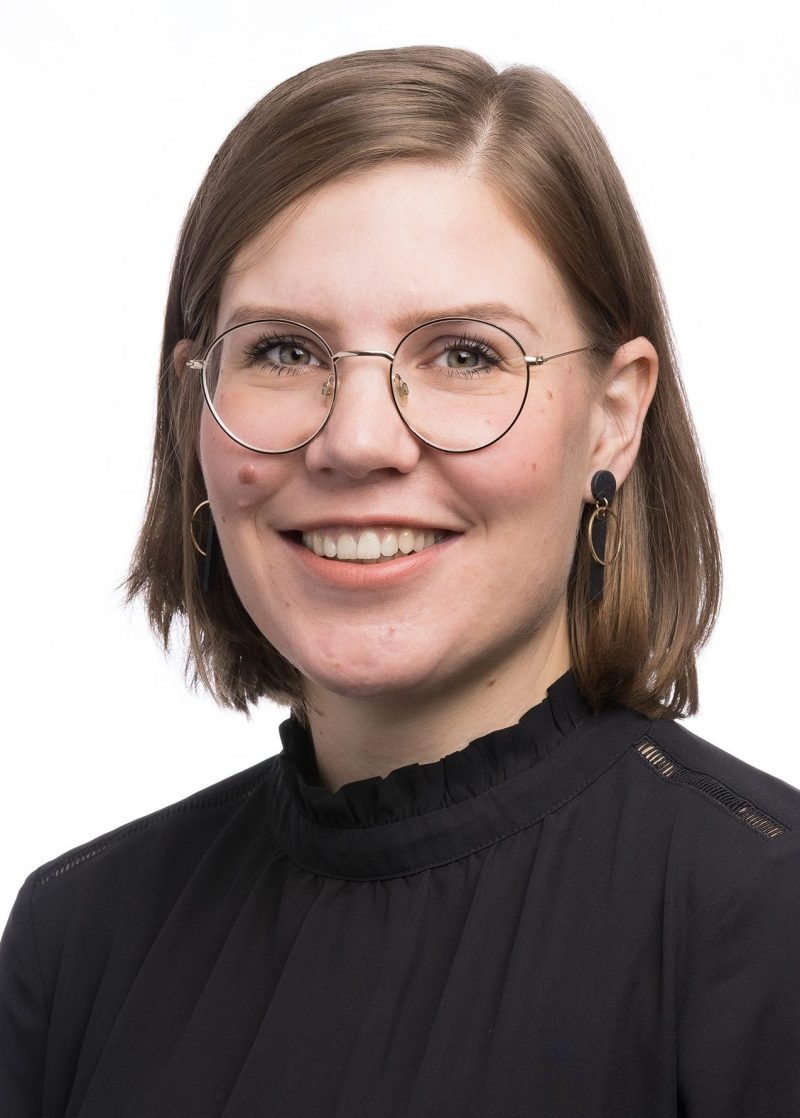
ALRUN BERGER
Project Coordinator; Research Associate
Historian. Researches processes of change and geSCHICHTEN from early industrialisation to the present. Particularly interested in memory-cultural dimensions of action and future concepts as well as the emergence of historical landscapes.
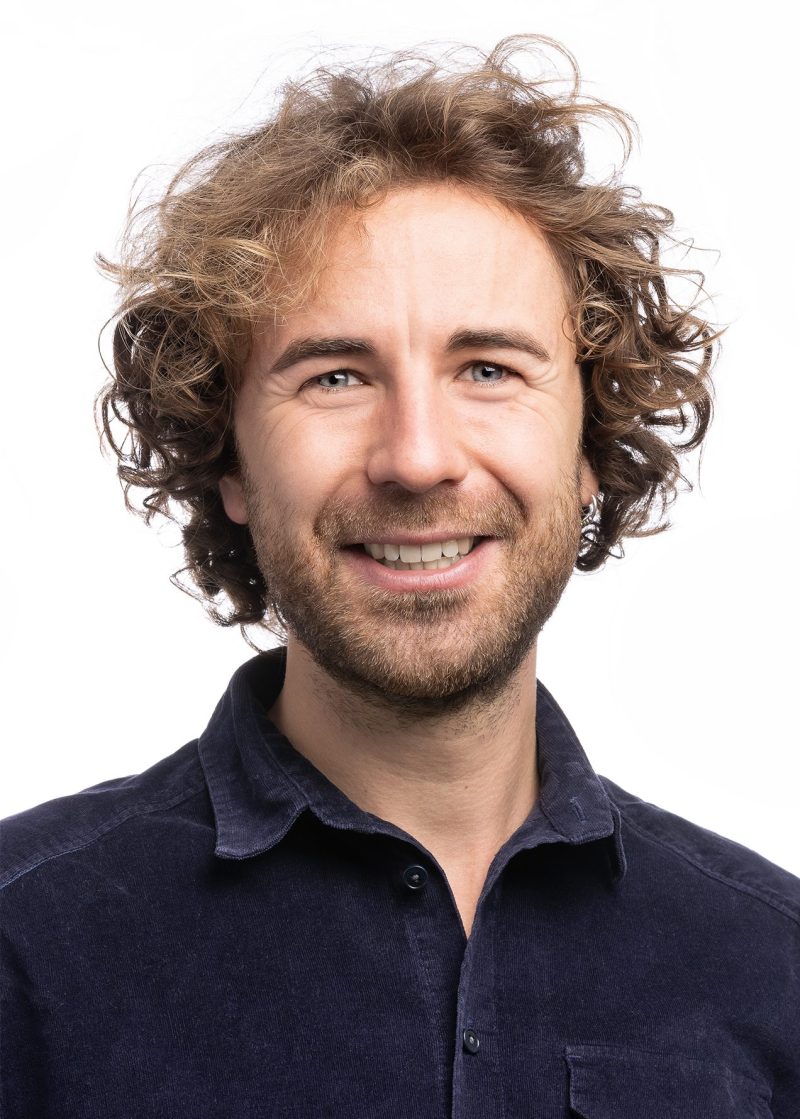
MARIAN FRITZ
Research Associate
Historian. Researches upheavals and geSCHICHTEN from the early modern period to the present. Particularly interested in global networking and exchange processes and the associated changes in perspective.
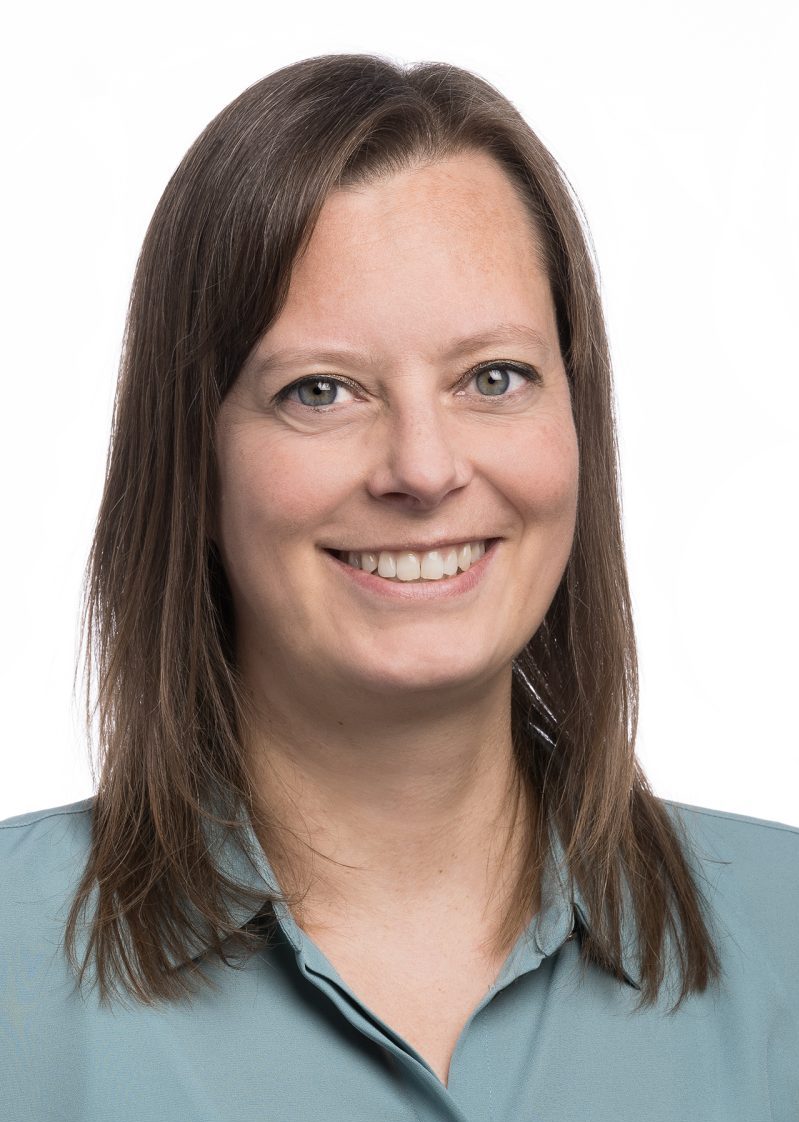
DR. KERSTIN SCHIERHOLD
Research Associate
Archaeologist. Researches upheavals, processes of change and geSCHICHTEN from the Neolithic Age to the Early Middle Ages. Particularly interested in the transformation of landscapes through human activity.
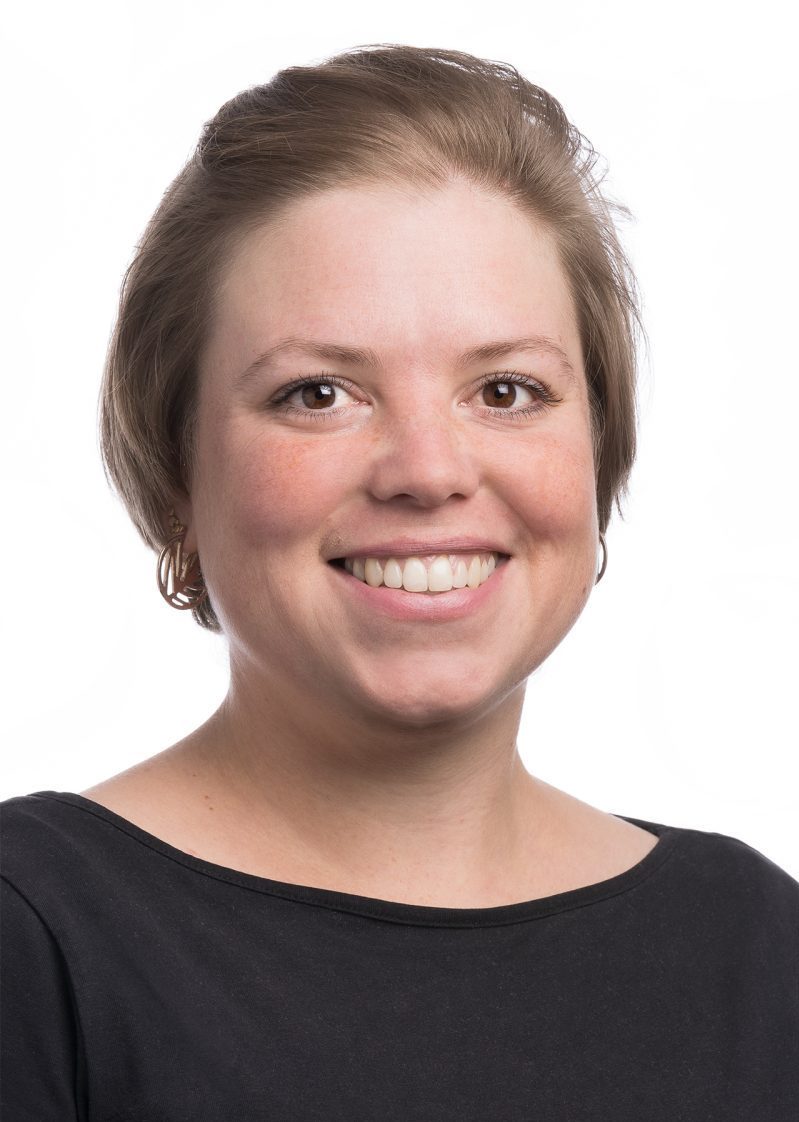
DR. JUDITH SCHMIDT
Research Associate
Cultural anthropologist. Researches everyday life culture and processes of change in the present and the past. Particularly interested in how people deal with change in their everyday lives and in processes and strategies that help to cope with everyday life.

